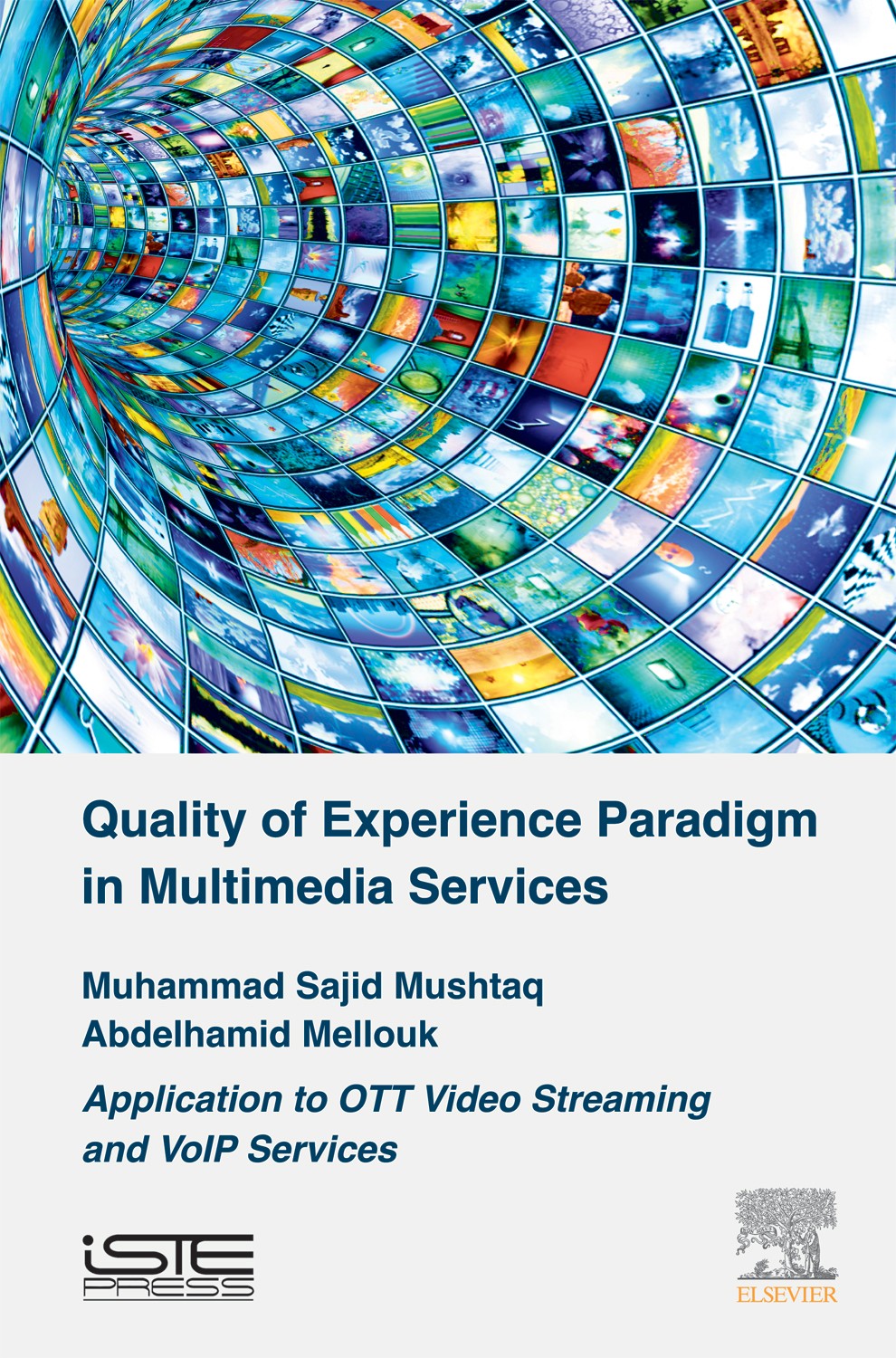
The analysis of QoE is not an easy task, especially for multimedia services, because all the factors (technical and non-technical) that directly or indirectly influence the user-perceived quality have to be considered. This book describes different methods to investigate users’ QoE from the viewpoint of technical and non-technical parameters using multimedia services. It discusses the […]
The analysis of QoE is not an easy task, especially for multimedia services, because all the factors (technical and non-technical) that directly or indirectly influence the user-perceived quality have to be considered.
This book describes different methods to investigate users’ QoE from the viewpoint of technical and non-technical parameters using multimedia services. It discusses the subjective methods for both controlled and uncontrolled environments. Collected datasets are used to analyze users’ profiles, which sheds light on key factors to help network service providers understand end-users’ behavior and expectations. Important adaptive video streaming technologies are discussed that run on unmanaged networks to achieve certain QoS features.
The authors present a scheduling method to allocate resources to the end-user based on users’ QoE and optimizes the power efficiency of users’ device for LTE-A. Lastly, two key aspects of 5G networks are presented: QoE using multimedia services (VoIP and video), and power-saving model for mobile device and virtual base station.
